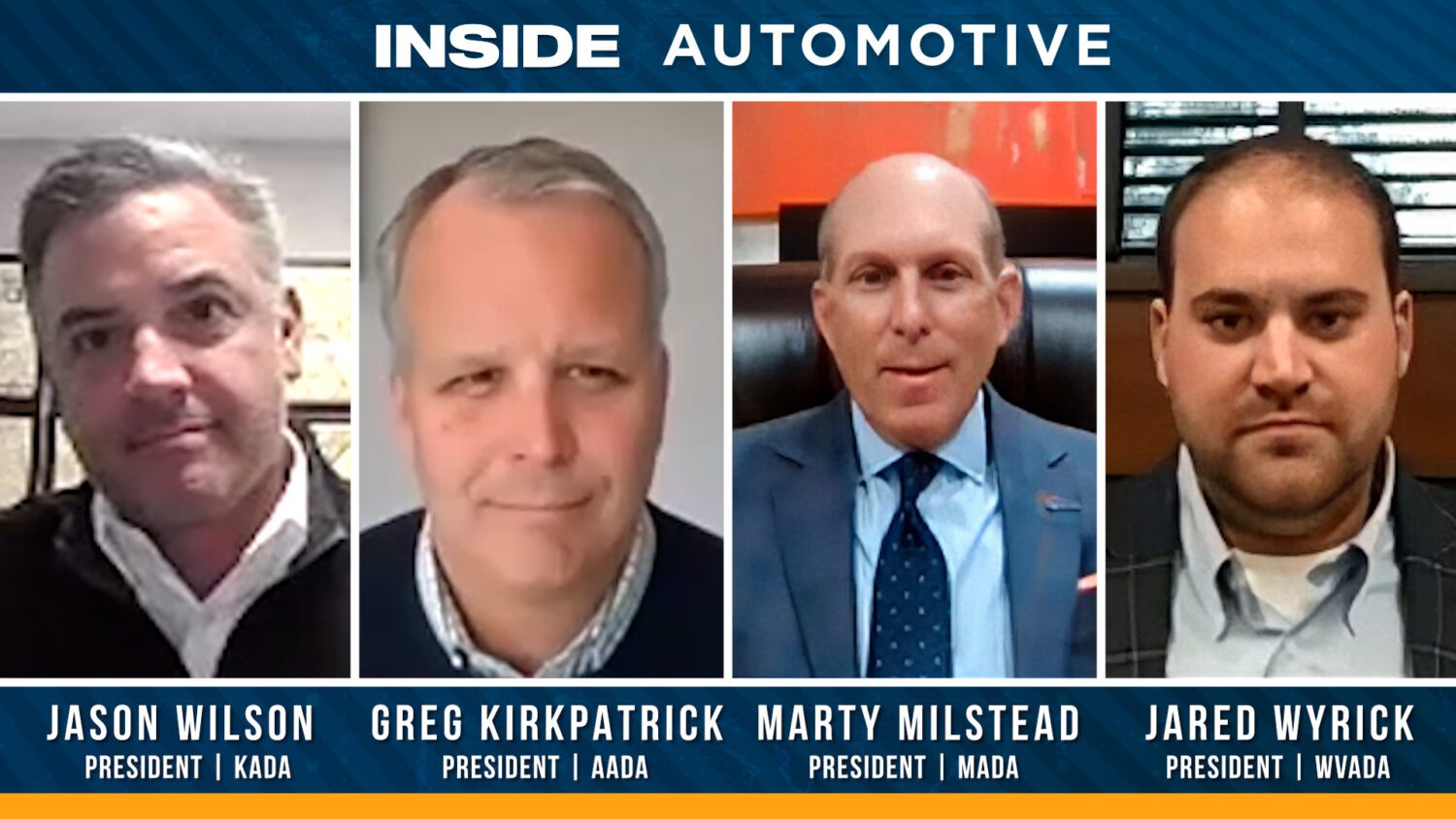A major and highly recommended move for franchised dealers to make is to get involved with their states’ dealer associations, dealer councils, advisory boards, and anyone else who may help protect their rights. Bellavia Blatt PC’s lead partner, Len Bellavia, notes that state dealers’ associations have “done an excellent job at giving dealers statutory protections” and adds that it is now “up to the franchise dealers themselves to invoke those protections.”
Bellavia cautions against dealers starting legal proceedings with OEMs, noting that dealers can “file injunctions against the direct selling initiatives and shut them down relatively quickly.” He warns, however, that “if the OEMs push the boundaries, car dealers have a good legal standing to fight them.” For example, Ford Chief Executive Officer Jim Farley has been contemplating the direct-to-consumer model for some time now, which may create a rift between Ford and its dealers.
Dealers also need to actively push for legislation regarding newer technologies. For example, most direct-to-consumer auto sellers boast their easy and constant over-the-air software updates; however, there have been concerns about security and potential legal ramifications of these as well as any liability/responsibility when it comes to issues arising from them. While these are convenient and many consumers would prefer them over making a visit to a service lane, dealers can urge their states’ associations to create rules governing such matters for dealers to keep up with “younger” automakers and offer similar conveniences to customers without breaking the franchise model.
 |
Speaking on a panel in June, automotive attorney Mike Charapp also mentioned the “agency model” that some dealers are considering, stating that dealers should reject it as “it’s the beginning of the end of the dealership model” and “will kill [a dealership] as a business.”
Regardless what sales model “the other guys” are following, franchised dealers must also keep customer satisfaction a top priority. Even if a direct-to-consumer automaker’s sales process seems more attractive, customers who know and trust their local franchised dealers will keep going back to them for sales and service. Dealers should also keep their websites up-to-date and interactive with the latest features, as newer automakers typically have great websites and it undoubtedly draws more customers in.
It is important to note that many customers don’t understand the difference between the franchised dealer model and other sales models. Dealers should explain the protections consumers are given under the franchised dealer model and how buying any other way can put them at risks. Just being aware of the safeguards consumers could miss out on when not buying a car through a franchised dealer may lead to them “playing it safe” and sticking with the more regulated, protected way of buying a car.
Franchised dealers can also make it known that they are beneficial to the local community in ways that other sellers are not. This not only includes employing many people and providing them with good salaries and benefits, but also hosting community gatherings, charity events, and other programs like donation bins and fundraisers for good causes. Making it known that franchised dealers play a large role in their local areas can also get more people to fight for their rights.
While there have been various changes over the years, the franchised dealer model has worked for over a century because, frankly, it works. There are benefits for everyone in the market, including customers and dealers, and it offers consumers various protections that purchasing cars any other way cannot guarantee them. Ultimately, dealers must get involved and speak up to protect their franchise rights.
Did you enjoy this article? Please share your thoughts, comments, or questions regarding this topic by connecting with us at newsroom@cbtnews.com.
Be sure to follow us on Facebook, LinkedIn, and TikTok to stay up to date.
While you’re here, don’t forget to subscribe to our email newsletter for all the latest auto industry news from CBT News.



